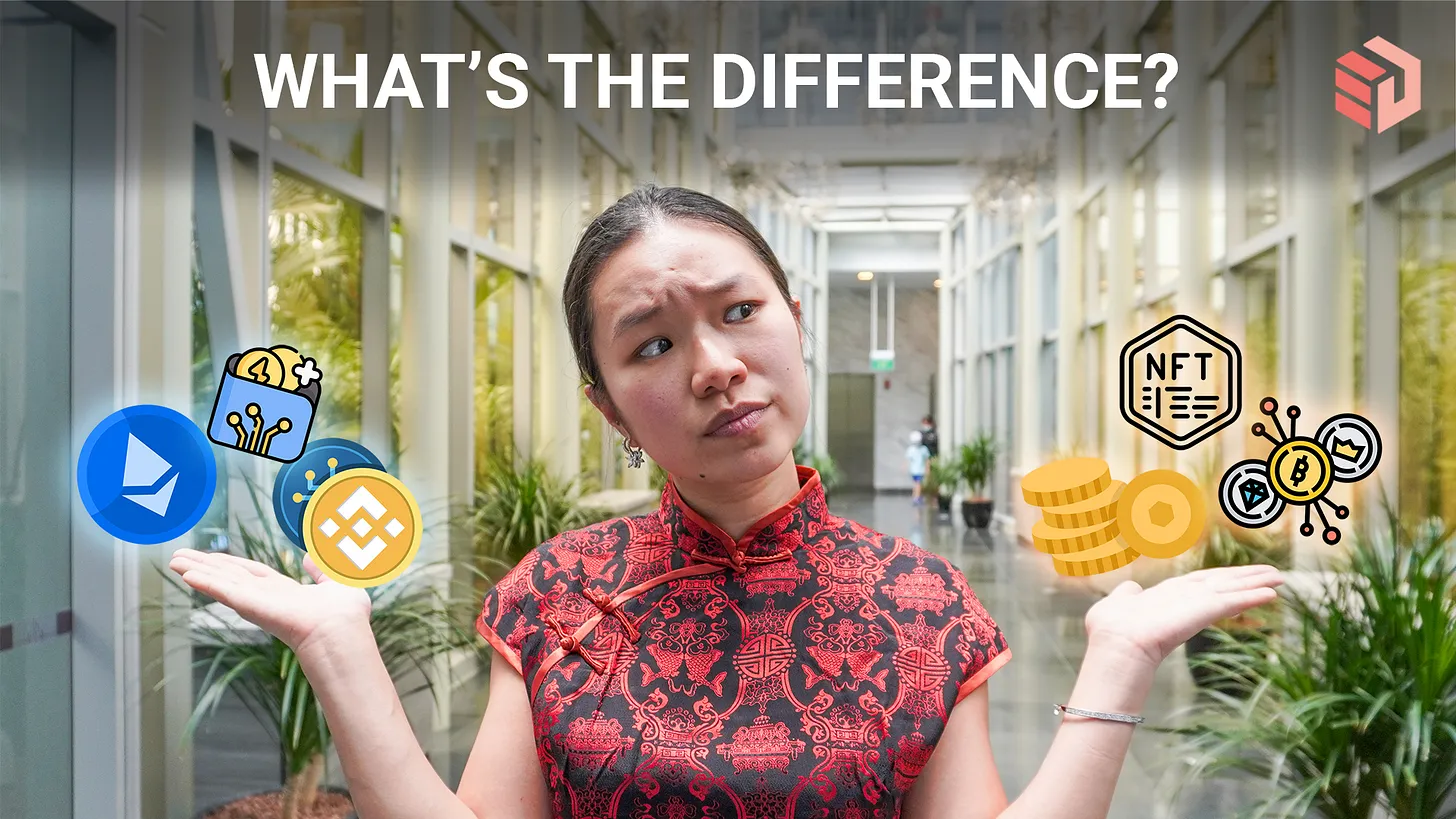Economics Design
This is not financial advice.
Catch the episode on YouTube

Typically, we understand economics as a study of the product, consumption and distribution of resources. Tapping into a new technological infrastructure, we do not stray too far from this basic principle. In fact, we are now given the tool to redefine the “resources”.
Augh all the layers are related to a distributed system, and economics is about the right incentives, it is important to know the difference because the design of the mechanism is vastly different.
1. Crypto Economics: Infrastructure Economics
Crypto economics is the study of designing embedded incentives of the system to hold desired properties with the goal of validating and agreeing on messages and information transacted in the system. This can include messages being transferred like Ethereum, or information being kept like Filecoin.
-
The embedded incentives are the incentives for people to store the datasets (messages or information).
-
The desired properties are the security and integrity of messages (communication) or information (data storage) and the ability to remove adversarial attacks of the system through eavesdropping on the sender and receiver.
-
The agreement on messages and information transacted are typically defined by a cryptographic algorithm to agree on its validity.
In 2017, Vitalik Buterin, the founder of Ethereum, defined crypto economics as messages of the past (cryptography) and expected incentives of the future (economics). Messages or information are sent publicly and the incentive structure forces users to come to an agreement of the messages or information. This field of economics is message space and cheap talk. And yes, game theory can be applied in this area of research too.
In the infrastructure layer, the goal is to secure the integrity of information and protect the information against adversary actions. Sometimes, the infrastructure layer also focuses on protecting privacy. The goal is to minimise adversary attacks. The economics is to the economics of validating information or messages.
The infrastructure layer are databases that updates and secures the information honestly. It does not care about potential economic transactions governed by rules of law or transactions, just focusing on updating the information honestly. This taps into both computer science (cryptography) and economics (incentive alignment to prevent adversarial attacks).
The goal of crypto economics is to answer: given these constraints and goal, what kinds of incentives can we design to achieve the desired properties we want?
2. Token Economics: Platform Economics
On the other hand, token economics is the study of designing incentives of the system to encourage economic transactions with the goal of coordinating and collaborating between agents in the system.
This can include a metaverse blockchain game complex system or simpler systems like an exchange to allow a swap between Token A and Token B.
-
Designing incentives instead of embedded incentives like in crypto economics is because the types of economic transactions could change with time. Thus, the incentives need to be constantly updated to reflect the current state of the economic transactions. This is similar to government policies. The policies (incentives) that worked in Singapore 50 years ago under the leadership of Lee Kwan Yew might not work in Singapore right now.
-
Economic transactions are defined by each ecosystem. It refers to the type of interaction between participants of the market ecosystem. Encouraging economic transactions is key, because in a platform, the value creation comes from users interacting with each other. An Instagram or Facebook page with just your pictures is not an app you will download, whereas the ability to look at other people’s pictures, like and comment creates value for the Instagram or Facebook user. This is the raison d’etre for an ecosystem or market.
-
Coordinating and collaborating are the new addition in economics. Previously, in a centralised market or ecosystem, the core governance body (e.g. board of directors at Facebook or Amazon) defines how the ecosystem is structured and governed. Now in a decentralised market or ecosystem, we collectively govern the economic transactions available and collectively agree on the distribution and potentially production of resources in the market. This new level of social coordination requires the design of the right incentives.
Token economics is still a new field. The coordination of people to engage in economic transactions are enforced by rules of transaction (think of them as rule of law more flexibility because code is not always law). These rules can be a protocol, a set of steps to follow when engaging in a transaction, embedded in a smart contract. This field of economics include market design, mechanism design, monetary policy, financial economics, allocation mechanism, just to name a few. It combines both micro and macro economics.
The platform layer’s goal is to increase economic transactions as that is a proxy for value creation. The economics is to maintain the right incentives and allocation of resources. Here, like a country, a platform can go through economic busts and booms, recession, financial crisis and hyperinflation.
We want to design a system that is sufficiently robust, while continuously maintain and upgrade it to be anti-fragile. Like a country, we need to define, measure and improve the value creation in the network. Token economics could be changed, unlike crypto economics where is it more challenging to be changed.
The goal of token economics is to answer: given these constraints and goal, what kinds of economic transactions and resources can we design to achieve coordination properties we want?
Conclusion
Crypto Economics is the Infrastructure Economics while Token Economics is the Platform Economics. Crypto economics is the study of designing embedded incentives of the system to hold desired properties with the goal of validating and agreeing on messages and information transacted in the system. On the other hand, token economics is the study of designing incentives of the system to encourage economic transactions with the goal of coordinating and collaborating between agents in the system.
